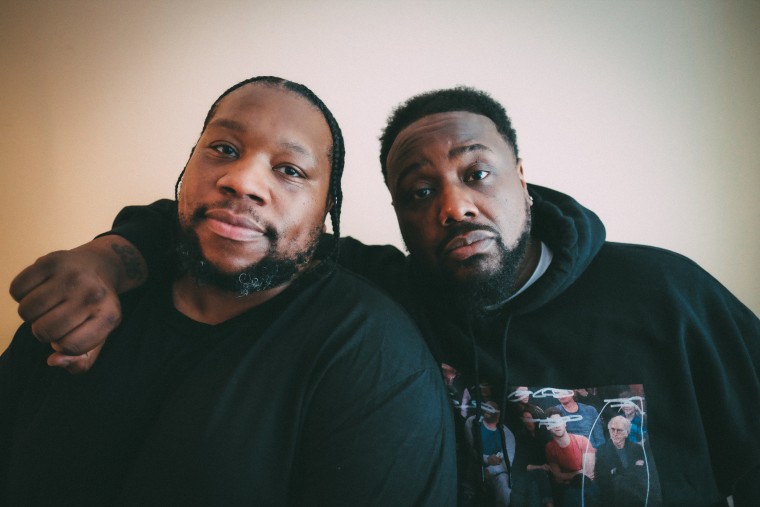Little Brother’s Big Pooh calls touring “a 360 deal”

Table of Contents
One-half of the rap duo spoke to Audiomack’s Brian Zisook about the perils of planning their final tour.

Little Brother. Photo by Antoine Lyers
Little Brother have been around for a minute. Phonte and Big Pooh (and producer 9th Wonder, who left in 2007) first debuted under the alias in 2001 out of North Carolina, quickly becoming a beloved underground rap project and sharing fourth albums before acrimoniously disbanding in 2010. 2019 saw Phonte and Big Pooh reunite for May The Lord Watch, and this year, they’ll embark on their last-ever tour, a series of North American dates dubbed “Curtain Call” that will bring to a close a cumulative 16 years in the industry. Before their final performances, Big Pooh spoke with Audiomack co-founder Brian Zisook about the harsh realities of planning a tour.
The conversation, published on X, begins with Pooh comparing a tour to a restrictive and exploitative record deal. “Touring 1744666514 feels like a 360 deal,” he says, pointing to the upwards of 25% a venue can charge from every transaction related to the performance. “Venues want a piece of everything—door, merch, and anything else you touch—and they’re not helping you get people in the building.”
Zisook writes that Little Brother’s decision to stop touring is “not about turnout,” but the result of a system that has become more expensive and less reliable for smaller artists. “Touring used to be where you knew that’s where your money was coming from. Now, most of us are just hoping to break even… We’re not leaving our homes, at 45 years old, to sit in a 15-passenger van for 12 hours just to come home broke.”
Pooh also addressed fans who were angered that their city wasn’t a part of Little Brother’s final tour. “Some venues passed. Some didn’t respond. And some deals just didn’t make sense. If we’re not in your city, it’s not because we didn’t try… If [venues] understood who the people wanted to see, maybe they’d move differently.”
In 2023, Live Nation announced that clubs under its banner would no longer take a cut of merchandise from artists at their clubs; the National Independent Venue Association called it “a calculated attempt to use a publicly traded conglomerate’s immeasurable resources to divert artists from independent venues and further consolidate control over the live entertainment sector.”
If you liked the article, do not forget to share it with your friends. Follow us on Google News too, click on the star and choose us from your favorites.
If you want to read more Like this articles, you can visit our Social Media category.